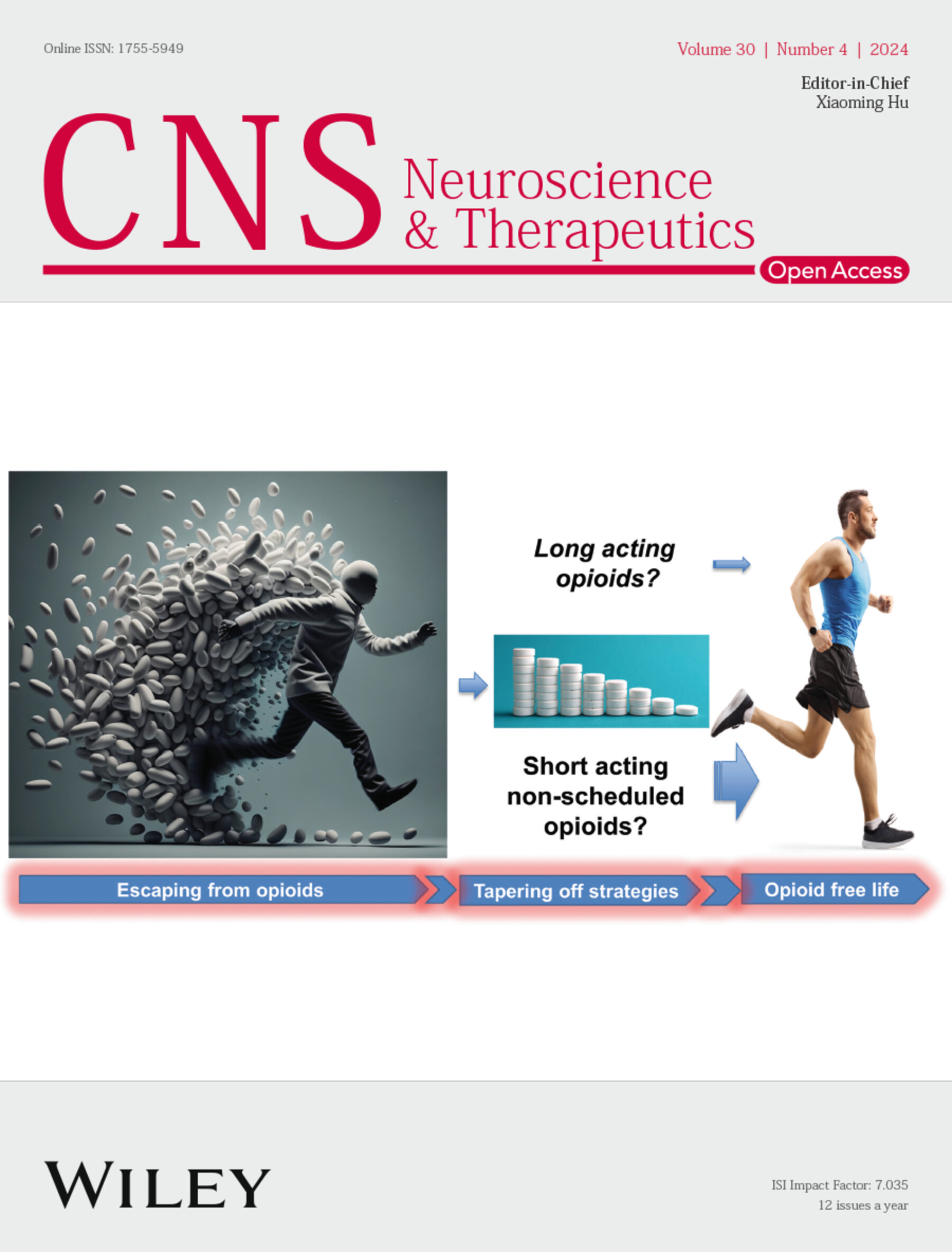Linking Circadian Rhythms to Gut-Brain Axis Lipid Metabolism Associated With Endoplasmic Reticulum Stress in Alzheimer's Disease
Abstract
Background
Alzheimer's disease (AD) is characterized by a decline in cognitive, learning, and memory abilities. Neuroinflammation is associated with the spread of tau tangles in the neocortex of AD, leading to cognitive impairment. Therefore, clarifying the pathogenesis of Neuroinflammation and finding effective treatments are the crucial issues for the clinical management of AD.
Method
We systematically review the latest research on the pathogenesis and therapeutic strategies of AD in PubMed, Web of Science, and Elsevier SD.
Result
In this review, the mechanism of the effect of gut-brain axis lipid metabolism mediated by circadian rhythm on AD was discussed, and we also analysed the effects of inflammation and endoplasmic reticulum stress (ERS) induced by lipid abnormalities on intestinal mucosal barrier and neurodegeneration; furthermore, the importance of lipid homeostasis (phospholipids, fatty acids, sterol) in maintaining the functions of endoplasmic reticulum was emphasized. Meanwhile, as lipid composition affects protein conformation, the membrane phospholipids surrounding sarcoplasmic reticulum Ca2+-ATPase (SERCA) that influence SERCA to release Ca2+ mediating inflammation were also reviewed.
Conclusion
We interpreted the mechanism of action between lipid microdomains and ER membrane proteins, reviewed the role of the new pathway of circadian rhythm, lipid metabolism, intestinal mucosa, and brain signaling in the pathogenesis of AD, and proposed strategies to prevent AD by changing the dietary lipid measures.


 求助内容:
求助内容: 应助结果提醒方式:
应助结果提醒方式:


